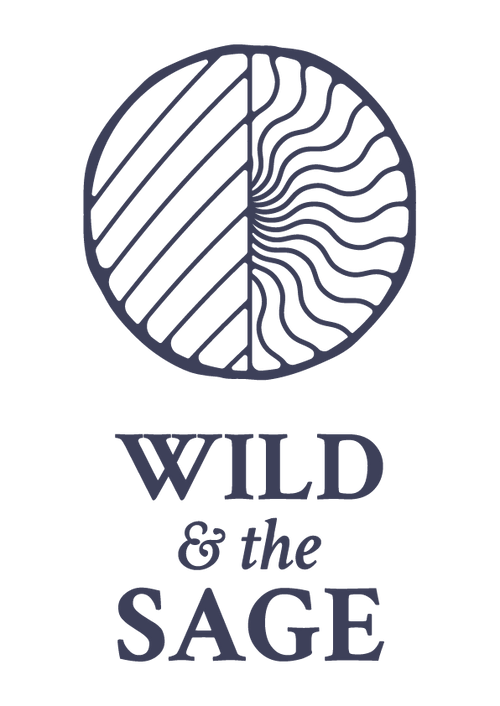A customer recently asked us for parenting books and, as soon to be parents ourselves, we thought we would collate a few of our favourites for this wonderful / terrifying / magical / exhausting right of passage that so many of us go through...

The Good Enough Parent by The School of Life
We absolutely love this series from The School of Life, who are big promoters of "self-knowledge". Their books on life, relationships, marriage, parenting, stress, work, friends are down to earth and easy to digest.
The Good Enough Parent is a compendium of lessons, including ideas on how to say ‘no’ to a child one adores, how to look beneath the surface of ‘bad’ behaviour, how to encourage a child to be genuinely kind, how to encourage open self expression, and how to handle the moods and gloom of adolescence.
Simply put, its a practical guide to raising a good human.

(M)otherhood: On the choices of being a woman by Dr Pragya Agarwal
Dr Pragya Agarwal, is shaking up the world of behavioural science by noting and sharing theories around gender bias and race. With previous books on unconscious bias (Sway), gendered emotions (Hysteria) and talking with children about race (Wish We Knew What to Say), Agarwal is a great and facinating non-fiction writer.
Extremely open in its honesty and meticulously researched, (M)otherhood probes themes of infertility, childbirth and reproductive justice, and makes a powerful and urgent argument for the need to tackle society's obsession with women's bodies and fertility.
It is pro-parenting, but its a realistic look at the patriarchal constraints of being a mother

The Life of Dad : The Making of a Modern Father by Anna Machin
The role of a father has changed a lot over the past 50 years. The expectations are broader and the desire for involvement is deeper. Dr Anna Machin spent 10 years studying new and expectant fathers and the role they play in their family life.
The Life of Dad shows the extraordinary physiological changes a man undergoes when he becomes a father, investigates how a man’s genes can influence what sort of father he will be, and shows how a dad makes a unique contribution to his child’s life, helping to foster independence of mind and spirit. Throughout the book, readers will encounter the voices of real dads, expectant and established, as well as fascinating insights into fatherhood from across the globe.
A well addressed subject on which the current literature offering is light.

The Book You Wish Your Parents Had Read by Philippa Perry
This one is not just for the parents, but who wants to understand how childhood shapes you. Its a Sunday Times Bestseller and had cracking reviews from very notable people.
This book is about how we have relationships with our children, what gets in the way of a good connection and what can enhance it. It shows how strong and loving bonds are made with your children and how such attachments give a better chance of good mental health, in childhood and beyond.
It will help you to:
- Understand how your own upbringing may be impacting upon your parenting style
- Contain, express, accept and validate your own and your child's feelings
- Understand that all behaviour is communication
- Break negative cycles and patterns
- Accept that you will make mistakes and what to do about them

As many know, the change you go through in becoming a parent is monumental, comparable only to the change in adolescence.
Drawing on new research across various fields - neuroscience and evolutionary biology; psychoanalysis and existential therapy; sociology, economics and ecology - Jones shows how the changes in the maternal mind, brain and body are far more profound, wild and enduring than we have been led to believe. She reveals the dangerous consequences of our neglect of the maternal experience and interrogates the patriarchal and capitalist systems that have created the untenable situation mothers face today.
This is the flip to The Life of a Dad and is about the modern institution of motherhood in todays world

Mothers and Others: The Evolutionary Origins of Mutual Understanding by Sarah Blaffer Hrdy
Mothers and Others finds the key in the primatologically unique length of human childhood. If the young were to survive in a world of scarce food, they needed to be cared for, not only by their mothers but also by siblings, aunts, fathers, friends―and, with any luck, grandmothers. Out of this complicated and contingent form of childrearing, Sarah Hrdy argues, came the human capacity for understanding others. Mothers and others teach us who will care, and who will not.
Granted, this ones a bit more tribal, but we think important. Its the argument that it takes a village to raise a child. And always has

